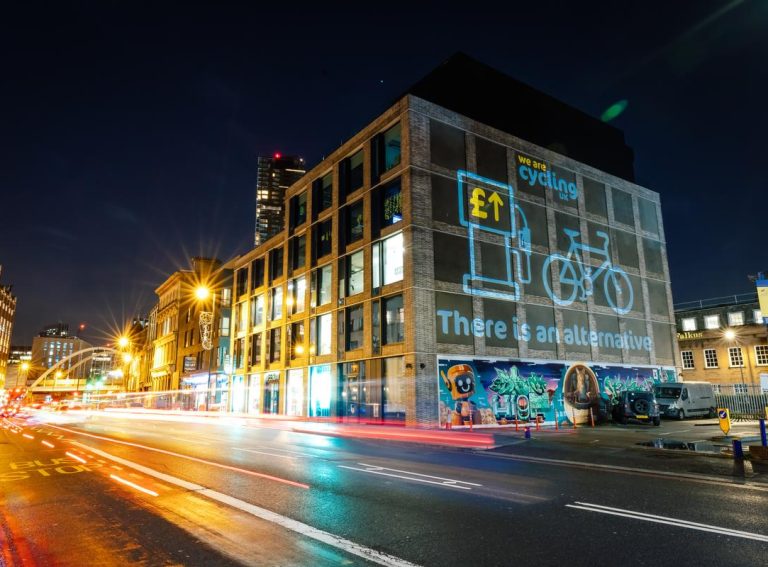We’ve seen the future and it’s solar-powered e-scooters. Seriously.
Micromobility offers solutions to many of the problems faced by our urban spaces, not least the vast acres of asphalt and concrete demanded by cars. Smaller vehicles have a smaller environmental footprint, not just in reduced manufacturing and operating carbon but in the real estate they require.
Where electric vehicles struggle, however, is in their need for, well, electricity. Often, that is made by burning stuff we really want to avoid burning; even renewable energy still has to be piped down miles of thick steel cables strung on huge steel towers. It’s better than burning fossil fuels in our city centres in internal combustion engines, but it’s still not brilliant.
Here’s where micromobility company Spin has hit a home run. By using technology from charging station maker Swiftmile, electric scooters from the Ford-owned firm are now being charged by the power of the sun alone.
The benefits of this off-grid approach are endless. It’s flexible, it requires less building work, it’s modular. Want one in the middle of the desert? No problem. Equally, want one in the middle of a street that you don’t want to have to dig up to lay power cables? Also no problem. And did we mention it’s all powered by the sun?
There’s a small caveat. This is a small-scale programme consisting of just 17 e-scooters, and they’re running around Edwards Air Base in perma-sunny California. Grey British streets in darkest December may be a different story.
There are four charging hubs at the base, each of which can charge up to eight e-scooters at a time in a neat storage rack. The scooters provided have 38 miles of range; Spin reckons it takes around four hours to charge one of its scooters from zero to full using only full-fat sun juice.
We think there’s real potential here for our nation’s towns and cities. Shared electric scooters are set to be massively popular, if Coventry is anything to go by. Reducing the power that needs to be carted in from out-of-town facilities and increasing localised, solar-powered generation can only be A Good Thing.
Come on, shy and retiring Great Britain: who wants to go first?
Excited to officially launch the worlds first solar powered charging system for shared scooters with the @usairforce . pic.twitter.com/D1r0kGrJ0L
— Swiftmile (@goswiftmile) September 4, 2020




